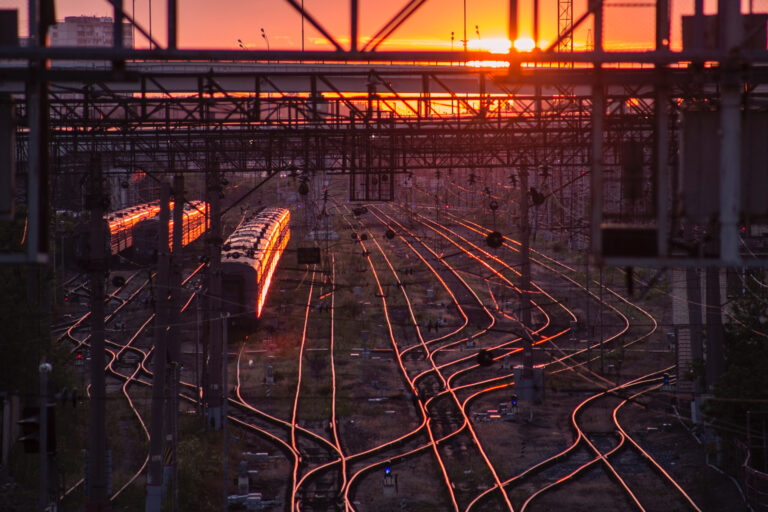Railways play an important role in global economy, making effective long-distance transport of products and people possible. The business of translation plays an equally crucial role in making communication between people, who speak different languages, possible. The cooperation of these two fields is really important. Railroading becomes the bridge and translations made in Atominium are the tools which make crossing it easier.

Which documents in the railway industry need translations?
The railways are a business of global reach and it requires actions to made by many subjects from various distant countries. That is the reason why translations in rail transportation are becoming crucial. Technical documents, user manuals, agreements, safety regulations and many other materials have to be accessible in different languages, so that all the participants of the process can act in agreement with safety regulations and accepted standards.
Technical translations
It should not surprise anyone that railroading is a business using mainly technical translations which apply to technical specification, schemes, user manuals, specialised technical reports etc. Documents which are not properly translated can lead to serious mistakes, causing danger for workers and passengers. Linguists working in this field need to have not only perfect knowledge of the languages, but also they need to be specialists in the rail transportation business.
Intercultural communication
Because railways connect people and cultures from different parts of the world, it is important to not only transfer the information but also to make sure that translations are adjusted to the culture and expectations of their receivers. It applies to the localisation of the text – thanks to this, translations are understandable and acceptable for different target groups.
There is a quick development of new technologies in railway transportation. More often we deal with automatisation of trains or intelligent traffic management systems. Translators have to be up to date on the progress in technology so they could completely transfer new ideas and realisations.
Translators play a key role in the railway industry and they ensure understanding and safety in international society. Their work not only makes the transfer of information easier but it also builds bridges between different cultures, contributing to the harmonious development of the railways on a global scale. We are happy that Atominium can be the part of this world making translations for the railways with success.







